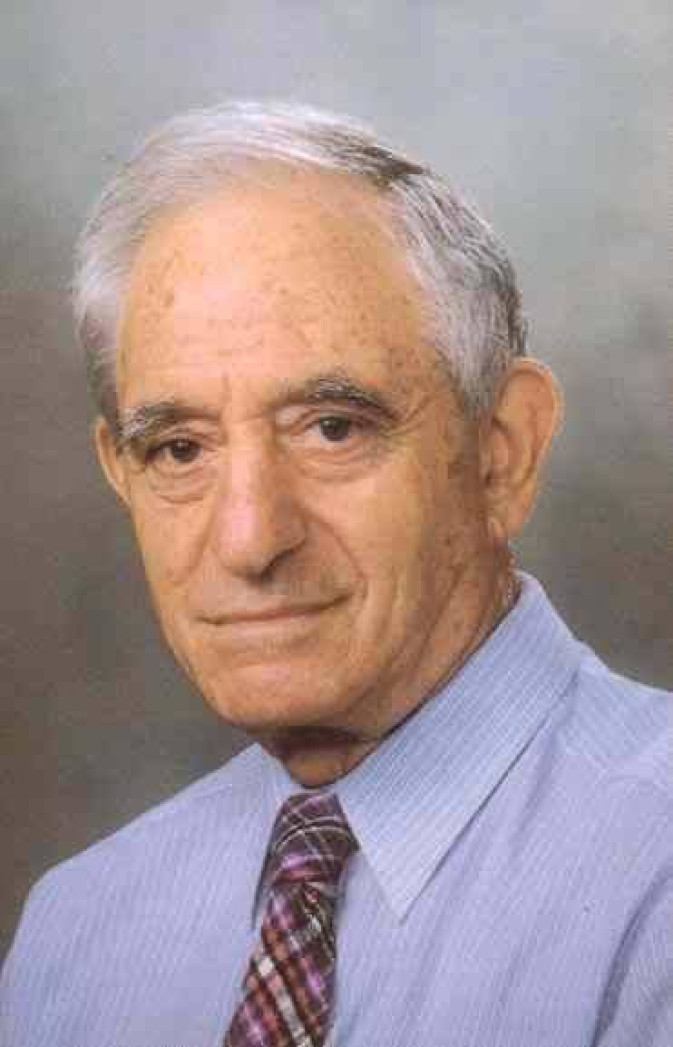Archie Kalokerinos - GREEK AUSTRALIAN OF THE CENTURY
8th February 2000
Daan Spijer
The Australian Greek community has honoured Dr. Archie Kalokerinos, MBBS, FACNEM, by naming him Greek Australian of the century.
This is a singular recognition of the wonderful work done by Dr. Kalokerinos in his many years as a GP, ministering to small and remote communities in NSW and the Northern Territory.
Dr. Kalokerinos was a pioneer in the recognition of vitamin C deficiency as a major cause of morbidity and death, especially among the Aboriginal children. His book Every Second Child (see booklist) was lauded by some and criticised by many - the latter totally failing or unwilling to understand the importance of what Dr. Kalokerinos was trying to make the world aware of.
It is a tribute to his persistence and dedication that he persevered in the face of vicious attacks against him by colleagues and the medical establishment. Like so many pioneers, he saw what everyone saw but no-one else was willing to acknowledge. There were times when Dr. Kalokerinos had to physically fight other medical professionals in order to save the life of a child.
More recently, Dr. Kalokerinos has been sought after to give evidence in the Courts as a witness for the defence of people charged with the death of babies through physical abuse. His evidence has been accepted by the Courts that these children could also have died from scurvy, or vitamin C deficiency - the symptoms include bruising and internal bleeding. He does not say that people aren't abusing children in their care; however, the possibility exists that in many cases the accused are innocent and the child died of vitamin C deficiency.
From the Australasian College of Nutritional and Environmental Medicine(ACNEM) website, reproduced with permission, for which we are very grateful.
We thank in particular, Daan Spijer
CEO.
See,
See, http://www.acnem.org
